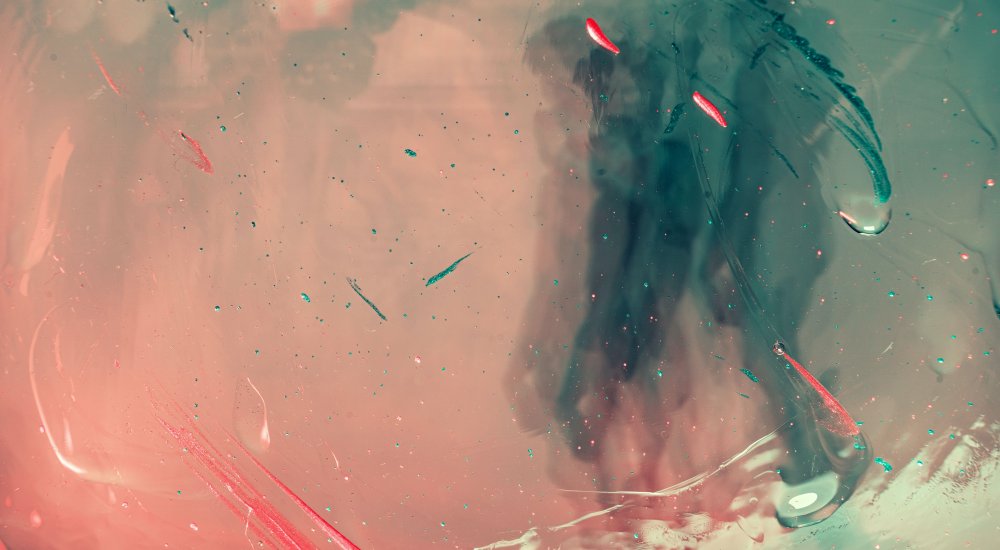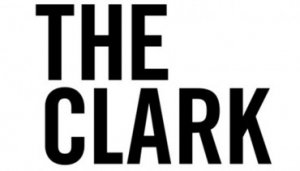Clark Fellowships in Visual Arts

Fellowships are awarded every year to established and promising scholars with the aim of fostering a critical commitment to inquiry in the theory, history, and interpretation of art and visual culture. As part of our commitment to cultivating diverse engagements with the visual arts, RAP seeks to elevate constituencies, subjects, and methods that have historically been underrepresented in the discipline. Furthermore, we are particularly committed to supporting scholarship that reveals the systemic inequalities of art history as a discipline and challenges us to address these inequalities as we move forward differently. All fellowships are intended to nurture a variety of disciplinary approaches and support new voices in art history.
BEINECKE FELLOWSHIPS
The Beinecke Fellowships, endowed by the former chair of the Research and Academic Program Trustee Committee, Frederick W. Beinecke, are awarded to a senior scholar for periods of eight weeks up to an academic year.
CARIBBEAN ART AND ITS DIASPORAS FELLOWSHIP
The Caribbean has been home to some of the most influential critical theorists, poets, writers, and artists of the twentieth and twenty-first centuries. This fellowship seeks to support art historians, artists, critics, and writers who are engaging with the complexity of critical Caribbean scholarship, art, and visual practices today.
CLARK FELLOWSHIPS
These fellowships are open to scholars working on any aspect of visual art, material culture, art history, and adjacent fields, with a variety of term lengths available, ranging from a 5-week summer term (these fellows are not expected to give a public lecture, only a semi-private work-in-progress talk) to a full academic year.
CLARK/OAKLEY HUMANITIES FELLOWSHIP
In conjunction with the Oakley Center for the Humanities and Social Sciences at Williams College, the Clark offers an academic-year fellowship for a scholar in the humanities whose work takes an interdisciplinary approach to some aspect of the visual. The fellow will have an office at the Oakley Center, be housed at the Clark scholars’ residence, and participate fully in the intellectual life of both research institutes.
CLASS OF ’74 SHORT-TERM FELLOWSHIP
These fellowships, which honor the first graduating class of the Williams/Clark Graduate Program in the History of Art, are open to scholars working on any aspect of visual art, material culture, and art history, who wish to be in residence for a shorter period of time (either a 5-week summer residency or up to 8 weeks during the academic year; these fellows are not expected to give a public lecture, only a semi-private work-in-progress talk).
Every Page Foundation Fellowship
The Every Page Foundation Fellowship supports projects that radically advance feminist perspectives and equal representation in the canon of art history. The Every Page Foundation is a feminist non-profit organization dedicated to being a resource and strategic partner for social and environmental justice by protecting and advocating for women and girls for the purpose of advancing diversity, equity, and inclusion in the arts and sciences.
FUTURES FELLOWSHIP
This fellowship supports artists with research-based projects who are reimagining the possibilities of museums, scholarship, and public engagement. Projects that examine social justice and the arts, reimagine the canon of art history, or consider the role of performance art in exposing erased histories are particularly welcome.
FLORENCE GOULD FOUNDATION FELLOWSHIP
Endowed by the Florence Gould Foundation, dedicated to French-American cultural exchange, this one-semester fellowship is awarded annually to a senior scholar or curator, with priority given to an applicant from a French museum or institution of higher education or to an individual pursuing a project in the field of French art and visual studies.
MICHAEL ANN HOLLY FELLOWSHIP
Named in honor of the Starr Director Emerita of the Research and Academic Program, the Holly Fellowship is awarded for not less than one semester, with priority given to a project that engages a senior humanities scholar in an exploration of the visual from a critical or historiographic perspective.
The Jacqueline Lichtenstein CFHA-CLARK FELLOWSHIP
This fellowship is jointly sponsored by Le Comité français d'histoire de l'art and the Clark Art Institute to support a summer residency at the Clark Art Institute for a curator or an academic based in France or its overseas territories. Named in honor of Jacqueline Lichtenstein, the fellowship is meant to support a scholar that will produce path-breaking research in the field of art history, museum studies, or visual arts. The residency is for a five-week period and the fellow will be provided with housing, an office, and a $5,000 stipend.
DETAILS FOR CLARK FELLOWSHIP APPLICATION
Scholars may propose topics that relate to the visual arts, their history, practice, theory, or interpretation. Any proposal that contributes to understanding the nature of artistic activity and the intellectual, social, and cultural worlds with which it is connected is welcome. Attention will be given to proposals that promise to deepen, transform, or challenge those methods currently practiced within art history or that have the prospect of enhancing an understanding of the role of images in other disciplines in the humanities. All fellowships are intended to nurture a variety of disciplinary approaches and support new voices in art history.
Please consult the fellowships page to learn more about special fellowships. All fellows receive a stipend; a private apartment in a shared house neighboring the Clark; an office in the library at the Manton Research Center on the Clark campus; and the Clark arranges travel to and from the residency.
Fellows may come from any country and need not be U.S. citizens. Most fellowships are appointed for one academic semester (early September through the end of December; or early February through early June), although appointments for the entire academic year (start of September through early June) are possible. For those unable to consider such an extended period, Short-Term Clark Fellowships support summer residency (5 weeks from July to mid-August) or two-month fellowships held during the fall or spring semesters.
Application Criteria
The Clark welcomes applications from individuals with a significant professional record. Applicants should hold a PhD or demonstrate equivalent professional experience. They may be employed full- or part-time, or be independent scholars, artists, curators, and/or critics.
Typically—though not always—artists have exhibited at multiple galleries, museums, or curated spaces. Likewise, curators have curated several exhibitions; are affiliated with a museum or similar institution; or work as an independent curator with relationships across several institutions.
For those in academic positions, the Clark neither funds dissertation work nor awards pre-doctoral or post-doctoral fellowships. Clark fellowships are not intended to support projects that transform a dissertation into a first book.
How to Apply
Applicants are required to submit all materials through the application system. A completed application includes the online form; CV; a brief abstract (500 characters max); project description (750 words); and proposed schedule for the work to be completed during the residency period (250 words). Letters of recommendation are no longer required. All materials must be submitted in English.
Please note that the Beinecke and Holly Fellows are designated by the fellowship committee. Beyond that, on the application form you may indicate your desire to be considered for multiple fellowships, marking as many as you feel correspond to the nature of your research. Final nominations for each fellowship are at the discretion of the committee.
The application portal opens to applicants in early summer and closes October 15 at 11:59 PM EST each year. All application materials must be submitted by then.
Applications are reviewed on an annual cycle following the October 15 deadline and applicants will be notified of the committee’s decision by the end of March. Fellowships are awarded for the following academic year.
Fellowship applications for July 1, 2026 – June 30, 2027 are now open
The deadline to apply is October 15, 2025.
Clark Fellowship Application
Guidelines for Clark Fellowships
